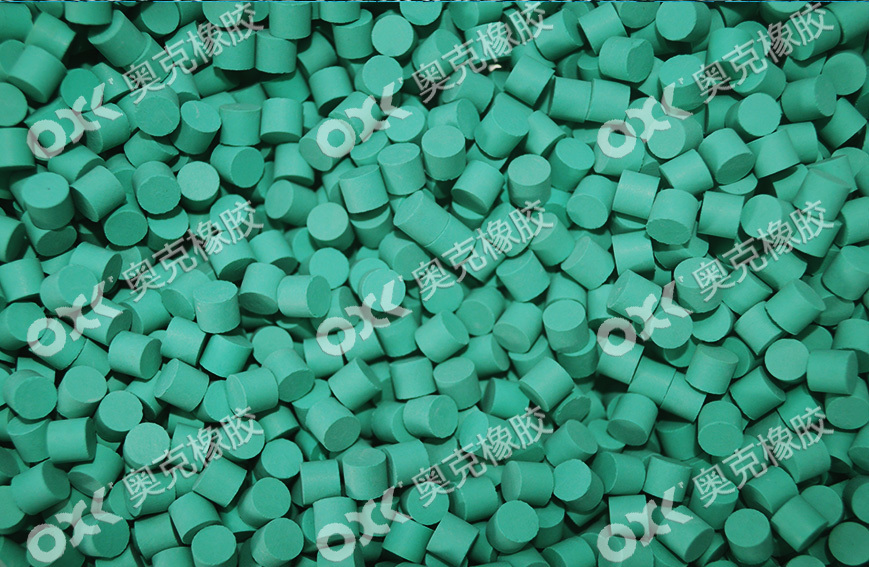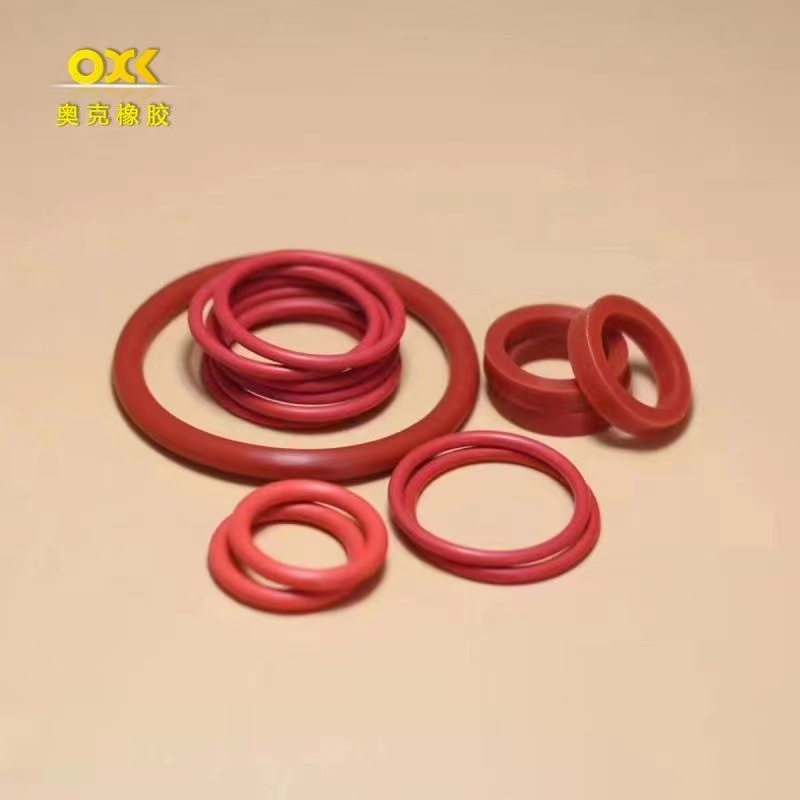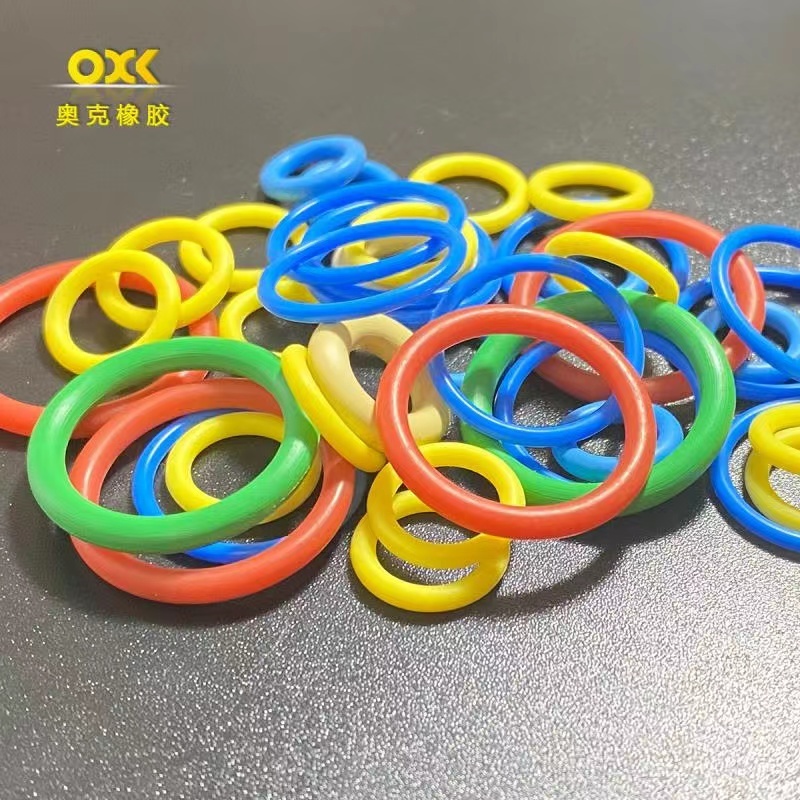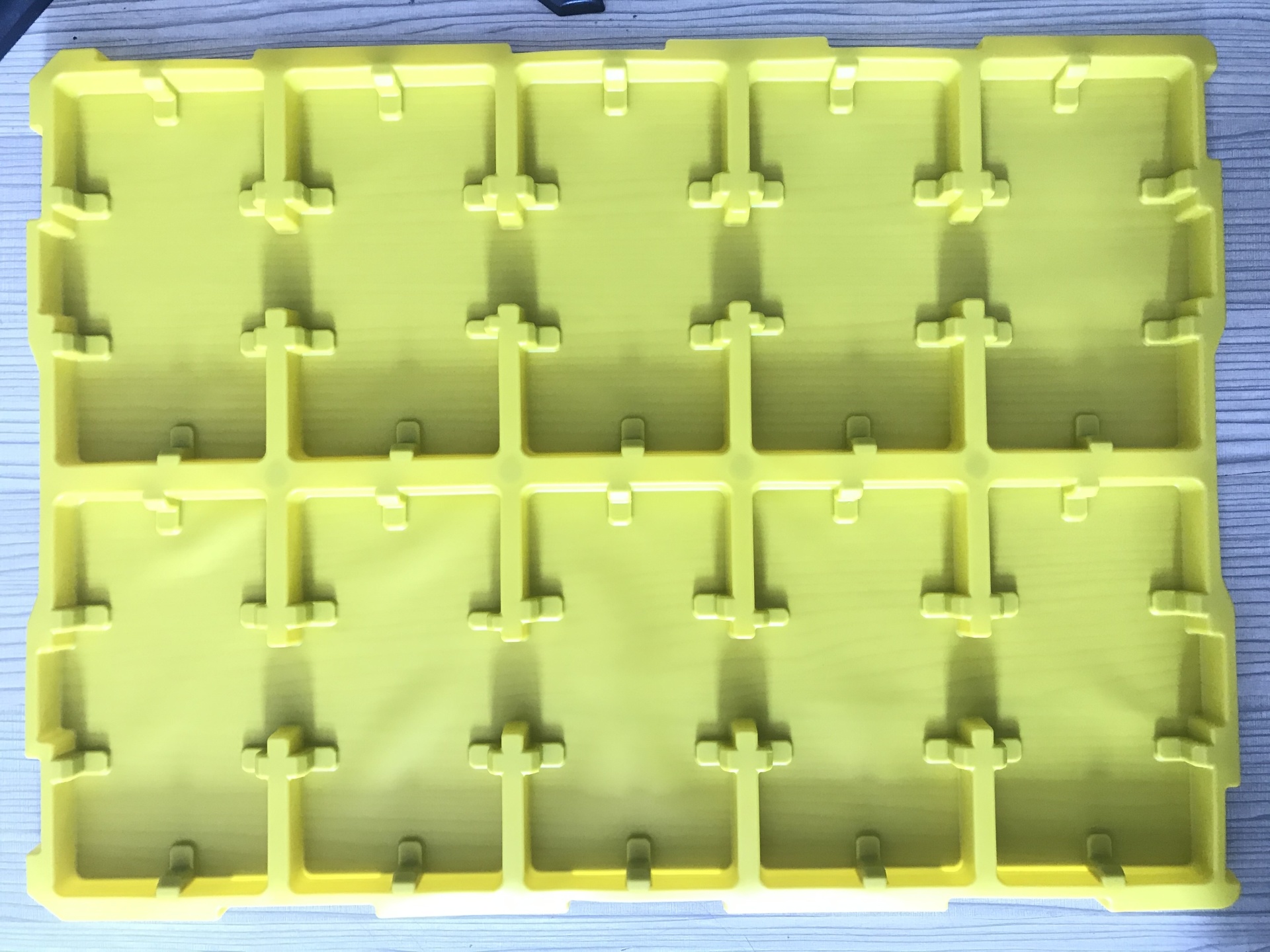What is NBR (Nitrile Butadiene Rubber)?
NBR (nitrile butadiene rubber), also known by the trade names Nitrile®
Release time:
2022-03-17
Source:
NBR (nitrile butadiene rubber), also known by the trade names Nitrile®, Perbunan®, and BUNA-N®, is a synthetic polymer made of acrylonitrile and 1,3-butadiene. It is an elastomer, a synthetic polymer made by copolymerizing acrylonitrile and 1,3-butadiene. It is a "random" copolymer, meaning that the order of the acrylonitrile and butadiene groups in the polymer chain is disordered.
What is nitrile?
More generally, NBR is a copolymer of an unsaturated nitrile (e.g., acrylonitrile or methacrylonitrile) and a diene with a double bond (e.g., 1,3-butadiene or isoprene - in the latter case, nitrile isoprene rubber or NIR). The polymer still contains a double bond and can therefore be vulcanized with sulfur to form synthetic rubber.
What is butadiene?
Buna-N is a condensation of butadiene and sodium; where N stands for nitrile. It has excellent resistance to petroleum products and can be used over a temperature range of -35°C to +120°C (-30°F to +250°F).
Nitrile/NBR Sealing Materials
Nitrile/NBR is the most commonly used elastomer in the sealing industry. NBR rubber specifications for fuel and oil resistant O-rings also require nitrile-based compounds. nds-seal also has high quality BIO-NBR qualities for biofuel applications. nbr has reasonable to good mechanical properties and is resistant to oils, fats, hydrocarbons and dilute acids. UV, weathering and ozone resistance can only be obtained by additives, so it is always a special material. It is not resistant to aromatic compounds, halogenated hydrocarbons, ketones, automotive brake fluids or strong acids. nBR materials can also be used for special low temperature applications. NBR polymers can meet more specific physical or chemical requirements through hydrogen saturation, carboxylic acid addition, or PVC blending.
Properties
The operating temperature is limited to (-40 º - 120 º) and has good compression set values. The properties of NBR are also determined by the acrylonitrile content, which is about 31% in standard NBR. More acrylonitrile improves mechanical properties and resistance to oils and fuels, but increases the temperature at which the rubber becomes brittle/reaches its glass point.
NBR Seals
NBR is the most common elastomer used for standard seals, but is often used for other types of seals as well. Nitrile compounds typically have good technical properties in terms of compression permanent deformation, tear resistance and wear resistance

Related News
2021-09-07 18:43
How much do you know about rubber seals?
Advantages of rubber seals Suitable for various sealing forms Suitable for all kinds of materials, the size and groove have been standardized
2021-09-09 19:20
Intelligent rubber products made of polymer materials
[High temperature resistant sealing ring] Choosing us will be your wise choice!
2022-03-17 17:05
What is FKM (Viton®)?
FKM (according to ASTM D1418) (equivalent to FPM according to ISO/DIN 1629) is the name for approximately 80% of fluoroelastomers as defined in ASTM D1418.
2022-03-17 17:04
What is FVMQ (Fluorosilicone Rubber)?
Fluorosilicone rubber combines the good properties of silicone at high and low temperatures with limited resistance to fuels and oils.
2022-03-17 16:20
What is NBR (Nitrile Butadiene Rubber)?
NBR (nitrile butadiene rubber), also known by the trade names Nitrile®
2022-03-17 16:26
What is VMQ (Silicone)?
For many sealing solutions, we use VMQ, which can also be used as a LSR
COOKIES
Our website uses cookies and similar technologies to personalize the advertising shown to you and to help you get the best experience on our website. For more information, see our Privacy & Cookie Policy
COOKIES
Our website uses cookies and similar technologies to personalize the advertising shown to you and to help you get the best experience on our website. For more information, see our Privacy & Cookie Policy
These cookies are necessary for basic functions such as payment. Standard cookies cannot be turned off and do not store any of your information.
These cookies collect information, such as how many people are using our site or which pages are popular, to help us improve the customer experience. Turning these cookies off will mean we can't collect information to improve your experience.
These cookies enable the website to provide enhanced functionality and personalization. They may be set by us or by third-party providers whose services we have added to our pages. If you do not allow these cookies, some or all of these services may not function properly.
These cookies help us understand what you are interested in so that we can show you relevant advertising on other websites. Turning these cookies off will mean we are unable to show you any personalized advertising.

©2024 Shenzhen Oxk Rubber Technology Co., Ltd. Powered by www.300.cn Official Website Supports Ipv6







